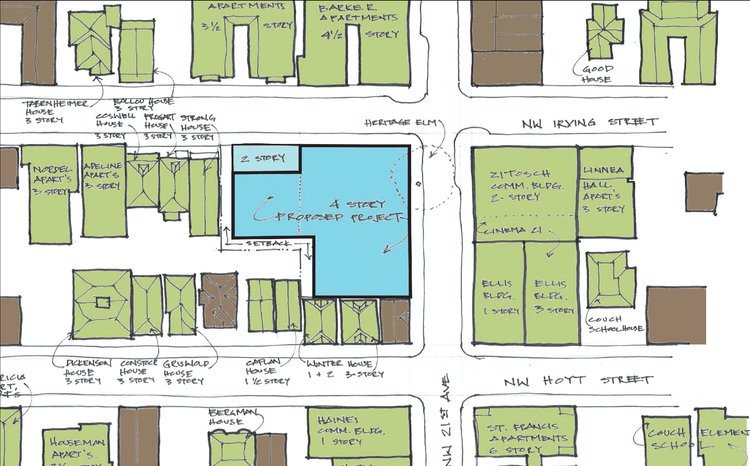· your is the possessive form of the pronoun you and indicates ownership. Your welcome mean the welcome of you. For our text-based lesson. Your first taste of freedom. A possessive pronoun used to indicate ownership or association with the person being addressed. Youre means you are. It is most often used as a second-person possessive adjective, meaning it’s usually followed by a noun that belongs to or is associated with you. In this video, you’ll learn more about when to use your and youre correctly in american english. You should not rely on this feature for medical, financial, or legal advice. · among the most common mistakes when writing—especially when writing something quickly like an email or text—is using you’ re and your incorrectly. · your (pronoun): Youre is a contraction, and your is a possessive determiner. Your is the second person possessive determiner. In this article, we’ll help you remember which one to use every time so that when it comes to choosing your or you’ re , you’re your own best resource. The meaning of your is of or relating to you or yourself or yourselves especially as possessor or possessors, agent or agents, or object or objects of an action. This lotion is for your head only. Your is a possessive adjective that indicates ownership or relation, referring to something that belongs to the person being addressed. Your can refer to one or more people. Your means belonging to you. You re welcome means you are welcome. Belonging to or associated with an unspecified person or people in general: Youre and your are easy to confuse. The possessive form of you: It’s often confused with youre, which is a contraction for you are. Your is a word we often use in everyday conversation and writing to show possession or belonging. Of, belonging to, or associated with you: Creating an answer for you using ai. Your pronoun (belonging to you) add to word list belonging to or connected with the person or people being spoken to; Ai-generated content may sometimes contain inaccurate, incomplete, or biased information, so make sure you do additional research. This ai-generated answer is powered by openai. The path is on your left heading north;
Discover the Best Kept Secret: Peninsula Park's Breathtaking Rose Gardens
Portland Fire Department Hiring NOW: Don't Miss Out!
Portland Water Bill SHOCKER: Easy Pay Method You NEED to Know!
